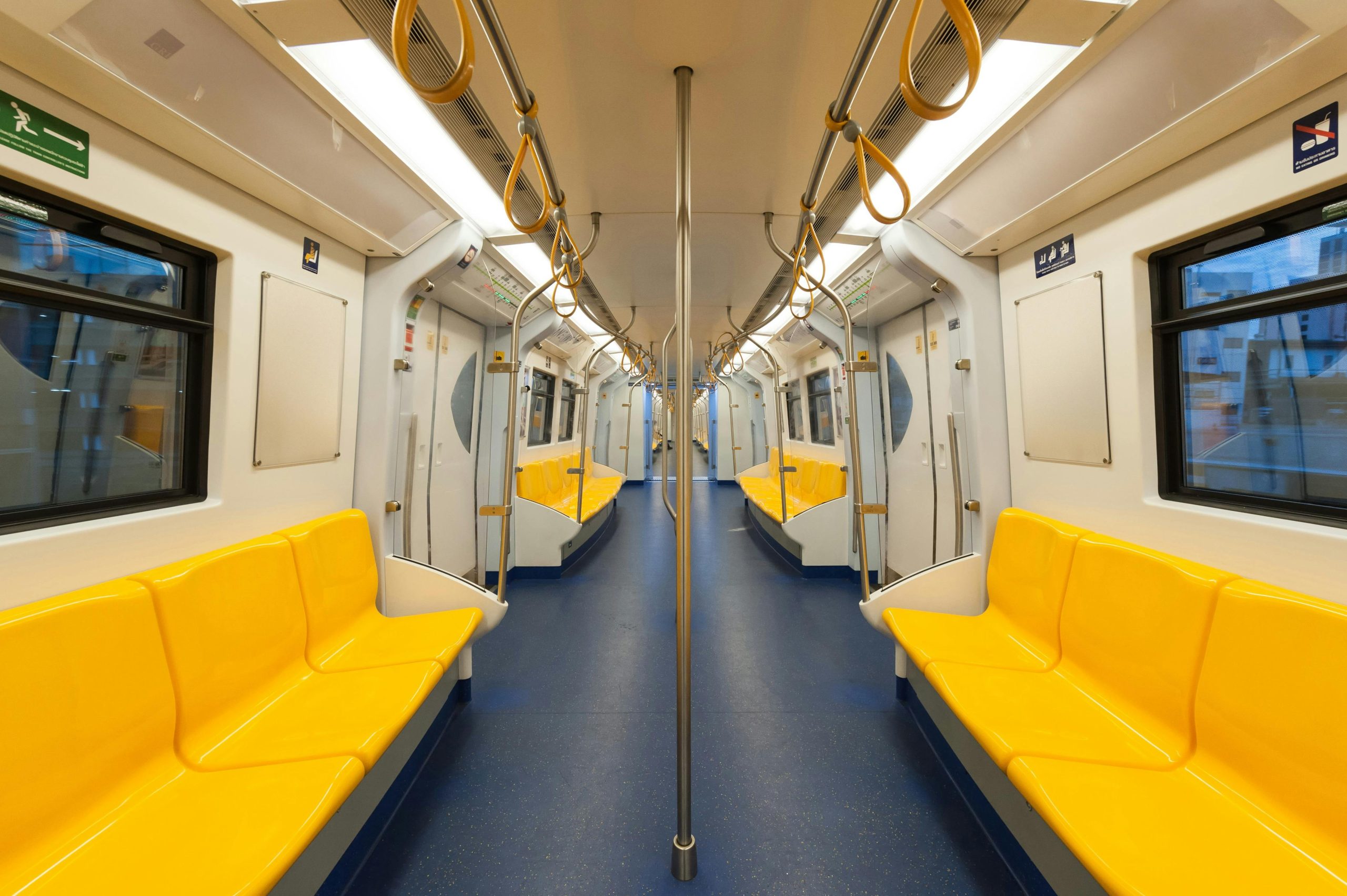Understanding the “KMODE_EXCEPTION_NOT_HANDLED” Error and Its Connection to Recent Windows Updates
In the ever-evolving landscape of PC maintenance and troubleshooting, users frequently encounter a range of Blue Screen of Death (BSOD) errors that can disrupt productivity and cause concern. Recently, there has been growing discussion around the “KMODE_EXCEPTION_NOT_HANDLED” error, especially in the context of Windows updates such as KB5063878. This article aims to shed light on this particular error, its potential relation to recent Windows updates, and steps for effective resolution.
Identifying the Problem
Many users have reported occurrences of PC crashes during startup, particularly after the computer has been powered off for about 12 hours. The crash typically manifests at the lock screen, accompanied by a Blue Screen error displaying “KMODE_EXCEPTION_NOT_HANDLED.” Following this error, the system automatically rebooting suggests a protection mechanism to prevent hardware or software conflicts from causing damage.
Notably, affected systems often return to normal operation after the reboot, but the issue persists with subsequent power cycles. These symptoms raise questions about the underlying cause, whether it be hardware conflicts, driver issues, or recent software updates.
Possible Link to Windows Update KB5063878
Recent discussions in tech communities and forums point to Windows update KB5063878 as a potential culprit. This update has been associated with various hardware compatibility issues, particularly involving certain SSDs and storage controllers. For instance, users have noted that specific drives, such as the Hynix Platinum P41 2TB, experienced performance issues or errors post-update.
The hypothesis is that this update may have inadvertently introduced conflicts affecting drive stability or driver functionality, possibly triggering kernel mode exceptions like “KMODE_EXCEPTION_NOT_HANDLED.” However, it’s essential to recognize that this error can have multiple causes, and its manifestation doesn’t always directly correlate with drive failures or specific hardware.
Understanding the Error
The “KMODE_EXCEPTION_NOT_HANDLED” error typically indicates that a kernel-mode program or driver has attempted to access invalid memory, leading to a system crash. Common causes include driver conflicts, faulty hardware, or incompatible or corrupted software components. While drive-related issues can sometimes be a factor—especially if storage drivers are affected—it is not exclusively linked to storage hardware.
For example, some online resources associate this error with significant write loads or drive crashes under intense activity. Yet, in cases of startup crashes occurring immediately after powering on, the problem may stem from driver incompatibility or system updates affecting core system
Share this content:



